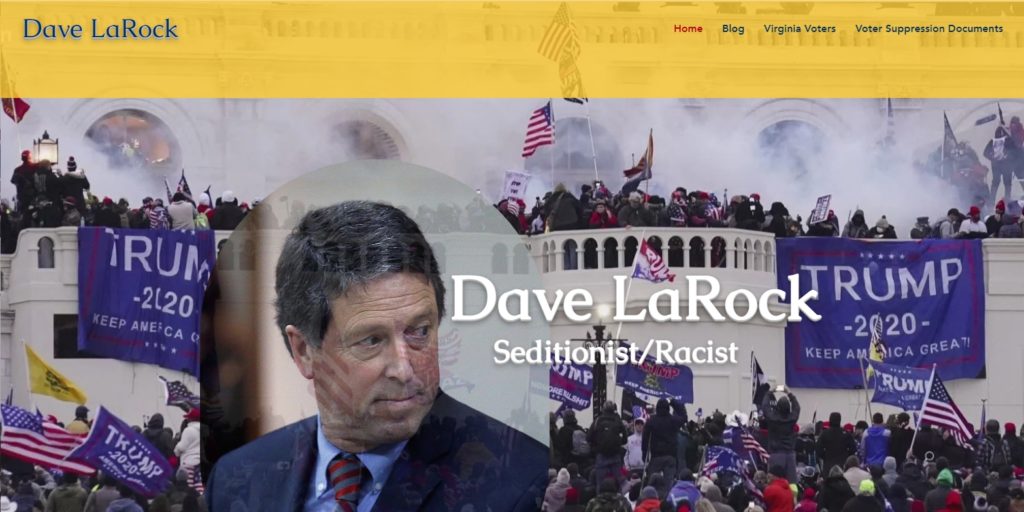


Glorifying himself as Christ-like has become normalized at a recent rally, Trump claimed that “only Jesus Christ is more famous than him,” and his son Eric remarked that his father has “saved Christianity”. Religion and spirituality also play an important role in Trump’s ascent to and hold on power, as well. By refusing to condemn Trump’s authoritarianism, blatant white supremacy, xenophobia, misogyny, and lies, they are complicit in it. Nepotism seems to be a uniting thread among cult-like, authoritarian leaders Kim Jong Un’s family in North Korea is notorious for that, says Lalich.īeyond the inner circle of a cult, there’s what Lalich calls the “outer rung,” explaining: “They’re the very necessary supporters who lend legitimacy to the cult.” In this case, Trump’s corporate donors and Republican politicians who neither fully endorse nor disavow Trump’s tyrannical behavior, can be considered part of the outer rung their tacit support of the cult gives them economic and political influence, according to Lalich. Most of his adult children, specifically Donald Jr., Eric, and Ivanka, have roles in their father’s political sphere, so there’s power they can gain from participation, along with financial gain. The punishment-and-rewards system applies to Trump’s family as well. Lalich points out that this works in two ways for a Trump lackey like McConnell he attains power for himself and serves the leader’s agenda. Plus, Trump’s leadership enables figures like McConnell to wield their power by advancing policy in the Senate, and then sneaking in a confirmation of the next Supreme Court justice, Amy Coney Barrett, before the election. And then there are the punishments: the Apprentice-like firing of staff members who speak out against the leader in any way, and the recent police raid on the home of a scientist who published COVID numbers. There are rewards and recognition for those who praise him, like Kellyanne Conway, who rose to fame as the voice of “alternative facts” after leading a successful campaign for Trump.

This is evident within Trump’s circle of political loyalists (looking at you, Mitch McConnell, Lindsey Graham, and Rudy Giuliani) and the endless revolving door of White House administration members. Lalich also says that while she doesn’t see concrete evidence of a formal indoctrination program in Trump’s supporters, she does “see the blind followership that we see in cults, and the resistance to counter-information.”Ĭults, Lalich explains, thrive on enforcing a punishment-and-rewards system among members. And research published in the Journal of Social and Political Psychology backs up Lalich’s claims: Trump’s fear-mongering and inflammatory statements, especially toward marginalized groups, reinforces social hierarchy and skews toward authoritarianism, the study states. While some might be tempted to dismiss this rhetoric as mere hyperbole, several key aspects of cults - including a charismatic authoritarian leader and an extremist ideology - are present in Trump’s case, explains Janja Lalich, Ph.D., cult researcher, professor emerita of sociology at California State University, Chico, and author of Bounded Choice: True Believers and Charismatic Cults. Bernie Sanders described it best: “The GOP has ceased to be a political party. There are a variety of narratives that Trump World™ has perpetuated to explain the loss, including voter fraud, and followers are not only buying them, but are also spreading even more nonsensical theories online.Ī relentless acceptance of blatant lies coupled with unconditional support of a leader are classic symptoms of cult-like behavior. It’s been over a month since Election Day, and other than surreptitiously greenlighting the transition to the Biden administration, neither Donald Trump nor his inner circle (nor many of his supporters) have publicly acknowledged the results of the vote.


 0 kommentar(er)
0 kommentar(er)
